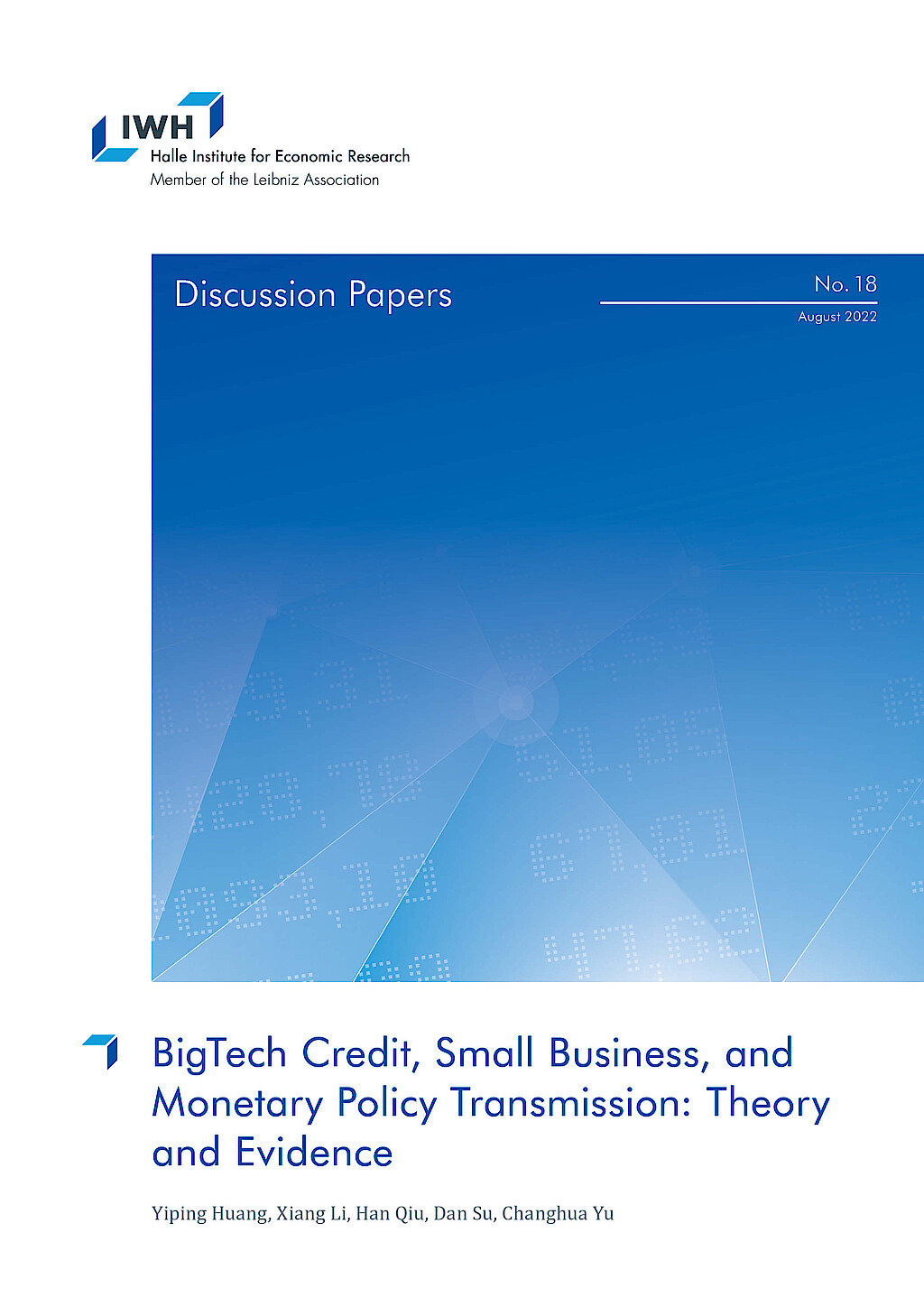
BigTech Credit, Small Business, and Monetary Policy Transmission: Theory and Evidence
This paper provides both theoretical and empirical analyses of the differences between BigTech lenders and traditional banks in response to monetary policy changes. Our model integrates Knightian uncertainty into portfolio selection and posits that BigTech lenders possess a diminishing informational advantage with increasing firm size, resulting in reduced ambiguity when lending to smaller firms. The model suggests that the key distinction between BigTech lenders and traditional banks in response to shifts in funding costs, triggered by monetary policy changes, is more evident at the extensive margin rather than the intensive margin, particularly during periods of easing monetary policy. Using a micro-level dataset of small business loans from both types of lenders, we provide empirical support for our theoretical propositions. Our results show that BigTech lenders are more responsive in establishing new lending relationships in an easing monetary policy environment, while the differences in loan amounts are not statistically significant. We also discuss other loan terms and the implications of regulatory policies.





